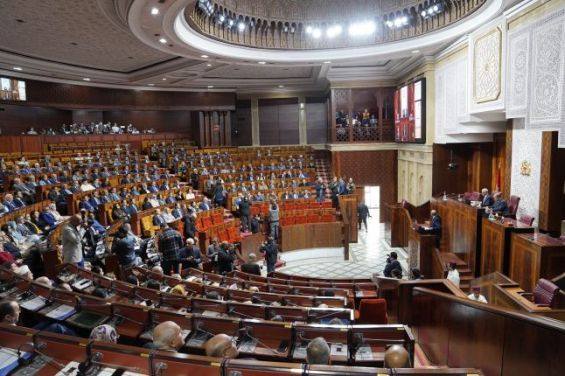On Thursday, August 28, the Government Council adopted draft law no. 03.23, which amends and supplements law no. 22.01 on criminal procedure. The law, presented by Minister of Justice Abdellatif Ouahbi, has angered public property protection associations, who argue it hinders civil society's ability to file complaints against elected officials suspected of misusing public funds.
«It is not possible to carry out investigations or initiate public proceedings concerning offenses against public property except at the request of the Public Prosecutor at the Court of Cassation in his capacity as head of the Public Prosecutor's Office. This can only be done upon referral by the Court of Auditors, or upon request accompanied by a report from the Inspectorate General of Finance, the Inspectorate General of Territorial Administration (reporting to the Ministry of the Interior), the general inspectorates of the relevant ministries or departments, or upon referral from the National Instance for Integrity, Prevention, and Anti-Corruption, or any body expressly authorized by law to do so», the text states.
Is this draft law constitutional?
Mohamed El Ghalloussi, President of the National Instance for the Protection of Public Assets in Morocco, has criticized Article 3 of the draft law. He argues that it aims to deprive society, individuals, and groups alike of the legal, judicial, and procedural tools necessary to fight corruption and the plundering of public funds, which goes against the principle of linking responsibility to accountability.
El Ghalloussi asserts that this article contravenes Article 1 of the fundamental law of July 1, 2011, which states that «the Kingdom's constitutional system is based on the separation, balance, and collaboration of powers, as well as on citizen and participatory democracy, and the principles of good governance and the correlation between responsibility and accountability».
«This provision reflects a clear desire of certain individuals who benefit from illicit enrichment and corruption to continue benefiting from positions of public responsibility for personal ends».
In April 2022, the Minister of Justice warned against «blackmail operations» carried out by associations for the protection of public assets, which he claimed undermine «the legitimacy of commune presidents». He insisted that these NGOs have no right to lodge complaints against commune presidents.
Draft law no. 03.23, amending and supplementing law no. 22.01 on criminal procedure, will be examined in the coming months by both chambers of parliament.
Article 12 of the Constitution states that «associations interested in public affairs, and non-governmental organizations, contribute, within the framework of participatory democracy, to the elaboration, implementation, and evaluation of decisions and projects of elected institutions and public authorities».




 chargement...
chargement...












